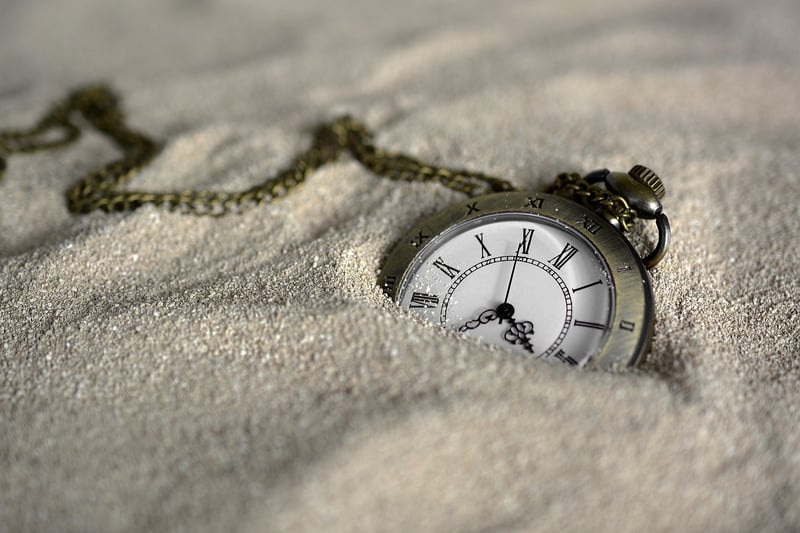Altering the Past
Moral Dilemmas in Time Travel and Altering the Past
Time travel has long been a fascinating concept in science fiction, allowing us to explore the possibilities and consequences of altering the past. While the idea of changing history may seem thrilling, it also raises significant moral dilemmas that are worth considering.
Paradoxes and Butterfly Effects
One of the primary concerns with altering the past is the creation of paradoxes and butterfly effects. A seemingly small change in the past could have far-reaching and unpredictable consequences in the present and future, leading to unintended outcomes that may be detrimental to society or individuals.

Ethical Considerations
From an ethical standpoint, the act of altering the past raises questions about the rights and autonomy of individuals who existed in that timeline. Is it morally justifiable to change the course of someone's life without their consent, even if it is done with good intentions?
Historical Integrity
Furthermore, altering the past can raise concerns about historical integrity. By changing historical events, we risk distorting the truth and erasing valuable lessons that can be learned from past mistakes. Preserving the integrity of history is crucial for understanding our collective identity and shaping our future.

Temporal Responsibility
Time travelers, if such a concept were possible, would bear a significant responsibility for the consequences of their actions. The power to alter the past comes with great moral and ethical implications, requiring careful consideration and respect for the fabric of time.
Conclusion
While the idea of time travel and altering the past is a captivating concept, it is essential to reflect on the moral dilemmas and ethical considerations it presents. By exploring these complexities, we can gain a deeper understanding of the impact of our actions on the course of history and the world around us.

